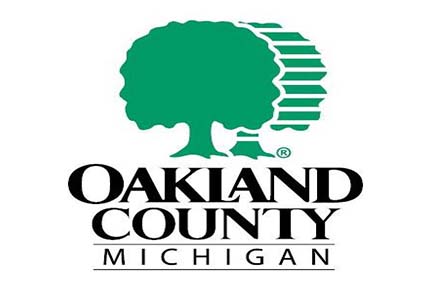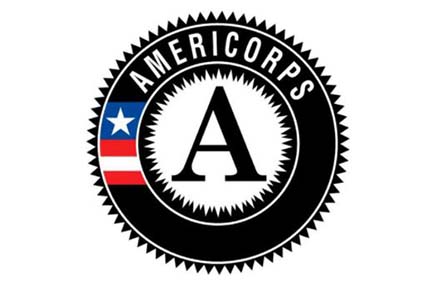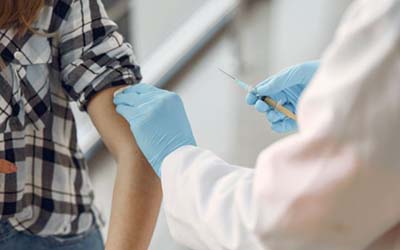
Oakland County Award “Spirit Of Main Street” To Four Communities
Genisys Credit Union And Main Street Oakland County Award “Spirit Of Main Street” Micro Business Grants To Four Communities
Waterford, Michigan – Holly, Ortonville, Rochester, and Wixom were each awarded a $2,500 “Spirit of Main Street” micro business grants from Genisys Credit Union and Main Street Oakland County.
The awards announced today by Oakland County Executive David Coulter and Genisys Credit Union provide a financial boost for small local businesses Holly Sewn, Green Goat Gifts, economic development organizations, Ortonville Downtown Development Authority (DDA) and Rochester DDA.
“In these challenging times, it’s one of the county’s key priorities to provide assistance to residents, businesses and organizations as they emerge from the COVID-19 pandemic,” Coulter said. “And I really appreciate the partnership the county’s Main Street program has with the Genisys Credit Union.”
The Genisys-funded grants can be used for a variety of needs, from payroll and paying vendors to making structural improvements to marketing. Under the terms of the grant, a dollar-for-dollar match must be provided by the applicant.
“As area downtowns are working to build back from the economic impacts of the COVID-19 pandemic, we are proud to partner with Main Street Oakland County to fund grants for small businesses to build stronger local economies and communities,” said Jackie Buchanan, president and CEO, Genisys Credit Union, Auburn Hills.
Holly Sewn in Holly is using their grant money to take a former alterations shop and convert it into a comfortable and functional retail space and studio, and Green Goat Gifts in Wixom is expanding their store’s square footage. Downtown Ortonville is working with DEI Creative, a small, woman-owned design firm in Seattle, to build the “Ortonville Online Marketplace,” utilizing the agency’s Support Local Platform. Downtown Rochester is using their grant award to upgrade their community communication platform to include text messaging.
“As a kid, I would look in the alterations shop window and admire all the sewing machines,” said Melissa McIsaac, owner of Holly Sewn. “Now, because of the grant, I’m able to fulfill a dream and convert the alterations shop into a creative sewing studio and unique retail shop with one-of-a-kind clothing and home goods. My mission is to help the planet by repairing and renewing old fabric items, making them new and modern again.”
The art studio space will include classes on sewing, mending, reading patterns and fabric dying and painting.
“We were excited to receive this grant because it meant that we could use the money toward the build-out of our retail store in downtown Wixom,” said Caitlin and Steven Hartman, owners, Green Goat Gifts, Wixom. “We appreciate that they are willing to invest in us and help us become a more meaningful part of the community.”
“Throughout the pandemic, Downtown Ortonville small businesses have scrambled to build an online relationship with customers, primarily enhancing their social media presence,” said Matt Jenkins, executive director, Ortonville DDA. “The environment for downtown revitalization has fundamentally shifted because of the pandemic, and ‘The Shop Ortonville Online Marketplace’ is an investment in this new reality for our small businesses.”
This is the fourth year of the partnership between Genisys Credit Union and Main Street Oakland County. A second round of annual funding is planned, with a deadline of 5 p.m., August 6.
Eligible small businesses must apply through one of the 16 Main Street communities: Auburn Hills, Berkley, Clarkston, Clawson, Farmington, Ferndale, Franklin, Highland, Holly, Lake Orion, Ortonville, Oxford, Pontiac, Rochester, Royal Oak and Wixom. For more information, go to MainStreetOaklandCounty.com.
“The Wixom DDA would like to thank Genisys Credit Union and Main Street Oakland County for their support of small businesses. It is programs like these that allow businesses to receive a little assistance that can help them open or enhance their business,” said Laura Cloutier, executive director, Wixom DDA. “Green Goat Gifts enhances the diverse business sector we have in downtown Wixom. The entire community welcomes them and looks forward to shopping with them soon.”
Of the eligible MSOC communities, 14 have received one or more grants since the program’s inception in 2018.
During the pandemic in 2020, public and private investment in Main Street Oakland County totaled more than $35.9 million and resulted in 24 net new full-time jobs; 36 net new businesses; and contributions of more than 16,300 volunteer hours.
“Main Street Oakland County is such a successful program,” Coulter said. “Genisys understands the importance of supporting small businesses in our downtowns and its financial commitment helps ensure they remain vital and attractive destinations.”
To date, nearly $963 million in public and private investments have been made to Main Street downtowns, establishing 1,254 new businesses, and generating 8,303 jobs.
Oakland County is the first and still only county in the U.S. to operate a full-service, countywide Main Street coordinating program. MSOC has 25 designated communities currently in the program





